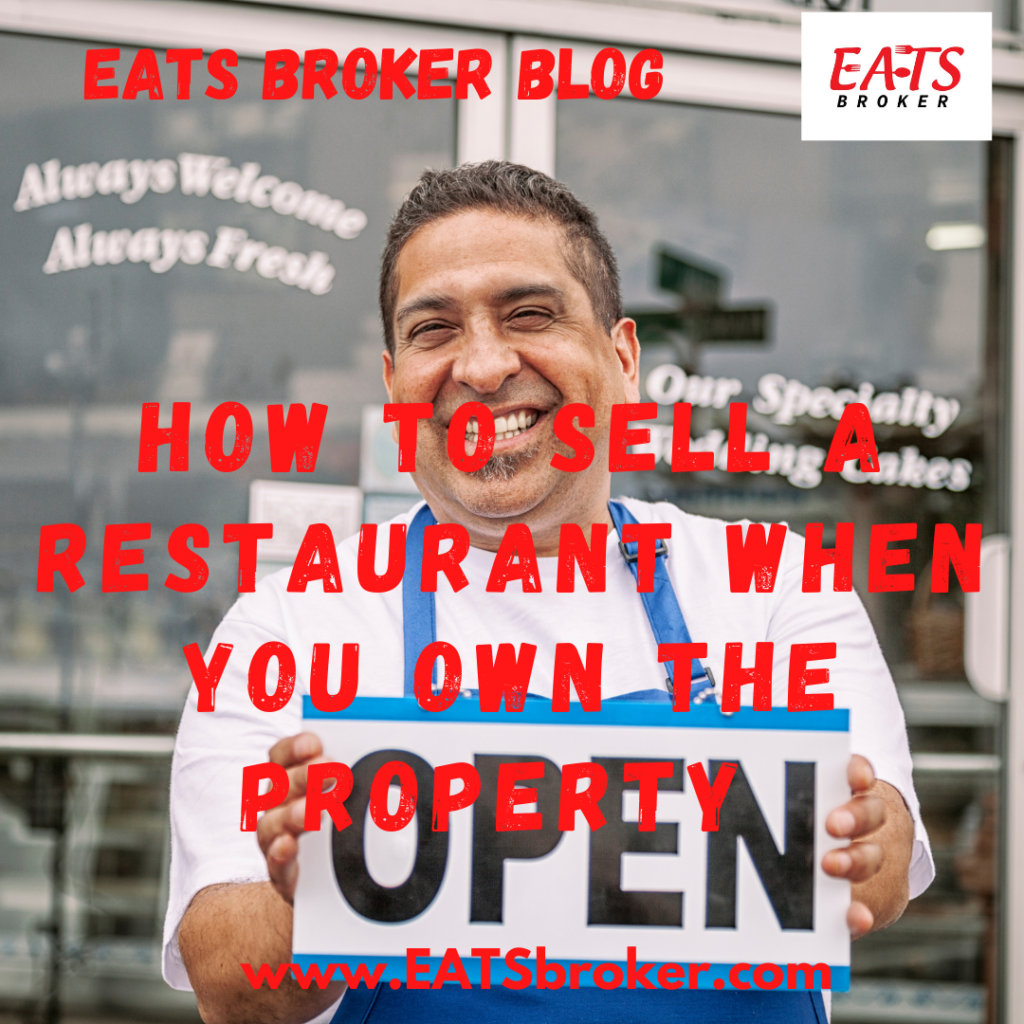Selling a restaurant when you own the property allows a restaurant owner to decide on the sale structure. When selling a restaurant, there are different ways to structure a deal, including selling only the restaurant, selling only the property, or selling both.
When deciding what solutions work best for the restaurant owner, it comes down to whether the owner wants to become a landlord. Restaurant owners must decide if they want to continue being involved in the property’s responsibilities after the sale.
The Dallas Restaurant Broker Dominique Maddox says, “When you own a restaurant business and its property, structuring the sale becomes an important strategic decision. EATS Broker provides restaurant valuation on the restaurant and property”.
The Restaurant Business Broker guides a restaurant owner’s options and the factors to consider.
1. Sell the Entire Business (Business + Property + Assets): This option is popular. This deal structure transfers restaurant ownership, including property, business assets, and goodwill. Some restaurant owners like this choice because everything transfers to the buyer, helping to simplify the transaction. This type of transaction is a clean breakaway for the restaurant owner.
Restaurant Broker Cons of selling a restaurant and real estate include the challenge of determining the value of both the restaurant and the property. The buyer must want to own the real estate and operate the restaurant.
2. Sell the Real Estate only: This option is popular for restaurant owners who want to cash out in a hot real estate market. When property values increase, selling the restaurant property and retaining the restaurant ownership provides owners with an influx of liquid assets.
Restaurant Broker‘s cons of selling the property include limiting the number of buyers interested. This option turns the restaurant owner into a Lessee. If the restaurant operations are retained, finding a new location if issues with the landlord arise could be challenging.
3. Sell the Restaurant Assets only: This option is an Asset Sale. In this case, you sell the restaurant’s tangible and intangible assets, including restaurant equipment, furniture, recipes, brand name, and goodwill. The owner retains ownership of the property for income. This allows more buyers with the capability of restaurant ownership who may not have the funds to purchase the business.
Restaurant Broker‘s cons of selling an Asset Sale include lower asking prices and ongoing landlord responsibilities.
Each method of selling a restaurant has pros and cons. Savvy restaurant owners usually get a restaurant valuation and appraisal to decide how to move forward. Working with a Restaurant Brokerage is essential to determine which structure best suits your goals.
For more information on the restaurant market and other available consulting services or a complimentary restaurant valuation, contact Restaurant Business Broker Dominique Maddox at 404-993-4448 or email at [email protected]. Visit our website at www.EATSbroker.com

